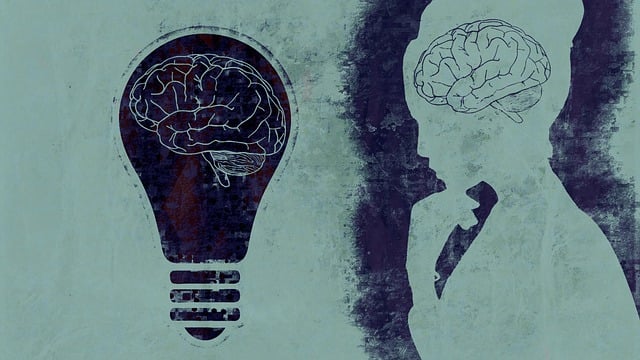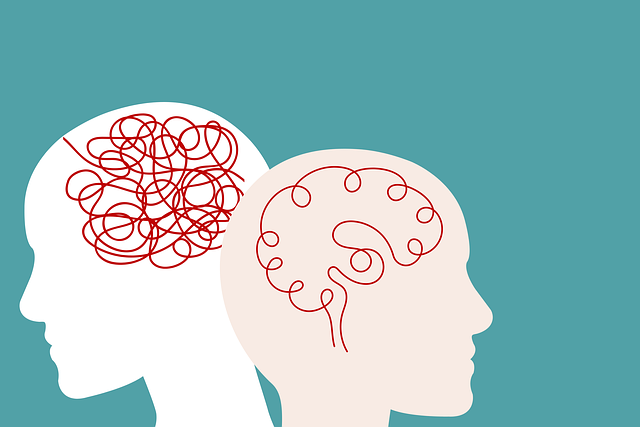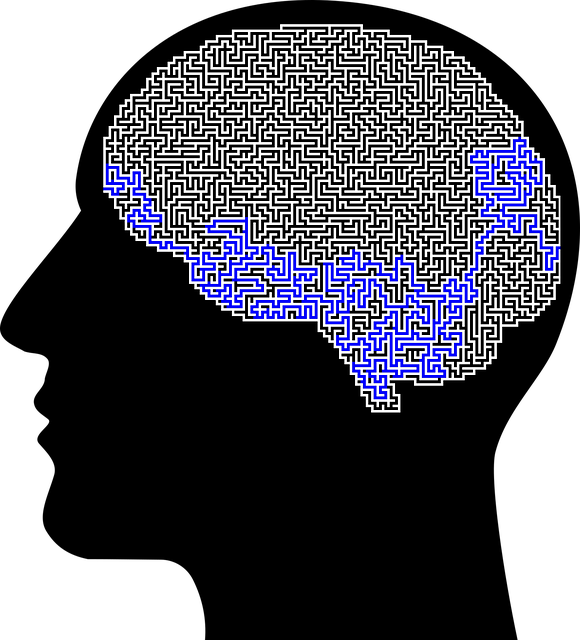Mental health policies worldwide vary due to cultural, economic, and value differences, creating challenges but also opportunities for international collaboration. Early intervention is crucial for children with functional neurological disorders (FND), such as CBT-based therapy focused on coping skills. Advocacy groups push for increased funding and specialized training for mental health professionals to improve access to effective therapy for children with FND. Public awareness campaigns reduce stigma, while workshops and journaling exercises empower caregivers. Case studies highlight successful policies like school-integrated mental wellness coaching programs tailored for FND, along with community outreach initiatives enhancing mental health services for youth.
Mental health policies play a pivotal role in shaping the well-being of children worldwide, with significant implications for access to essential services like therapy. This article delves into the complex landscape of mental health advocacy, examining global perspectives and local interventions. We explore the impact of functional neurological disorders on young minds and present effective strategies to improve therapy accessibility. Through real-world case studies, we highlight successful policy initiatives, offering insights into navigating the intricate process of advocating for better mental health support in children.
- Understanding Mental Health Policies: A Global Perspective
- The Impact of Functional Neurological Disorder on Children's Well-being
- Advocacy Strategies for Better Access to Child Therapy
- Case Studies: Successful Policy Interventions for Mental Health Support in Young Minds
Understanding Mental Health Policies: A Global Perspective

Mental health policies are integral to fostering global mental wellness and ensuring access to quality care. From a global perspective, understanding these policies is crucial in addressing prevalent issues like depression prevention and burnout among healthcare providers. Each country shapes its own framework, reflecting cultural norms, economic realities, and societal values. For instance, some nations prioritize community-based interventions focusing on early intervention for children with functional neurological disorders, promoting therapy for children as a proactive measure.
This diverse landscape presents challenges and opportunities in advocating for consistent standards. International collaborations and knowledge sharing are vital to enhancing mental health services worldwide. By learning from successful initiatives, countries can develop evidence-based policies that cater to their populations’ unique needs while ensuring accessibility, affordability, and cultural sensitivity in mental healthcare solutions.
The Impact of Functional Neurological Disorder on Children's Well-being

Functional Neurological Disorder (FND) significantly impacts children’s mental health and overall well-being. This complex condition often presents with physical symptoms that have no organic cause, such as headaches, fatigue, and movement difficulties. These manifestations can lead to reduced quality of life for affected children, affecting their ability to participate in daily activities and social interactions. The impact extends beyond the individual, placing a strain on families and caregivers who must navigate the challenges of FND alongside their children.
Early intervention is crucial in mitigating the effects of FND. Therapy for Children with this disorder focuses on coping skills development and enhancing communication strategies. Public awareness campaigns play a vital role in educating communities about FND, reducing stigma, and fostering support systems. By improving understanding and access to appropriate care, these initiatives contribute to better outcomes for children living with Functional Neurological Disorder.
Advocacy Strategies for Better Access to Child Therapy

Access to therapy for children with Functional Neurological Disorder (FND) is a significant issue that advocacy groups are working tirelessly to address. One effective strategy is to push for increased funding and specialized training for mental health professionals, ensuring they have the resources and expertise to treat young patients with FND. This includes promoting the integration of evidence-based practices like cognitive behavioral therapy (CBT), which has shown promising results in managing FND symptoms.
Advocacy organizations can also facilitate awareness campaigns that educate both parents and educators about FND, its signs, and available support systems. Building empathy through these initiatives helps to dispel myths and reduce stigma, encouraging early intervention and better access to therapy for children in need. Additionally, organizing Stress Management Workshops and introducing Mental Wellness Journaling Exercises can empower parents and caregivers with tools to support their child’s mental health journey alongside professional treatment.
Case Studies: Successful Policy Interventions for Mental Health Support in Young Minds

Successful policy interventions for mental health support in young minds have been exemplified through various case studies. One notable example is the implementation of mental wellness coaching programs tailored to address specific needs like functional neurological disorder (FND). These programs, often integrated into schools and communities, focus on early intervention and prevention strategies, utilizing evidence-based practices such as cognitive behavioral therapy for children. By fostering self-esteem improvement, these initiatives aim to build resilience and promote healthy coping mechanisms among young individuals.
Community outreach program implementation has also proven effective in enhancing mental health services for youth. Such programs prioritize accessibility and include a range of activities like educational workshops, peer support groups, and tailored therapy sessions for various mental health conditions. This comprehensive approach ensures that children receive the necessary therapy for children while also empowering communities to take an active role in mental wellness coaching. As a result, these interventions not only improve individual outcomes but also contribute to a broader culture of open dialogue and support for mental health.
Mental health policy analysis and advocacy are crucial components in ensuring access to essential services, particularly therapy for children affected by conditions like functional neurological disorder. By examining global perspectives, understanding specific impacts on young minds, and employing effective advocacy strategies, we can drive successful policy interventions. The case studies presented highlight the transformative power of such efforts in fostering better mental health support for children worldwide.













